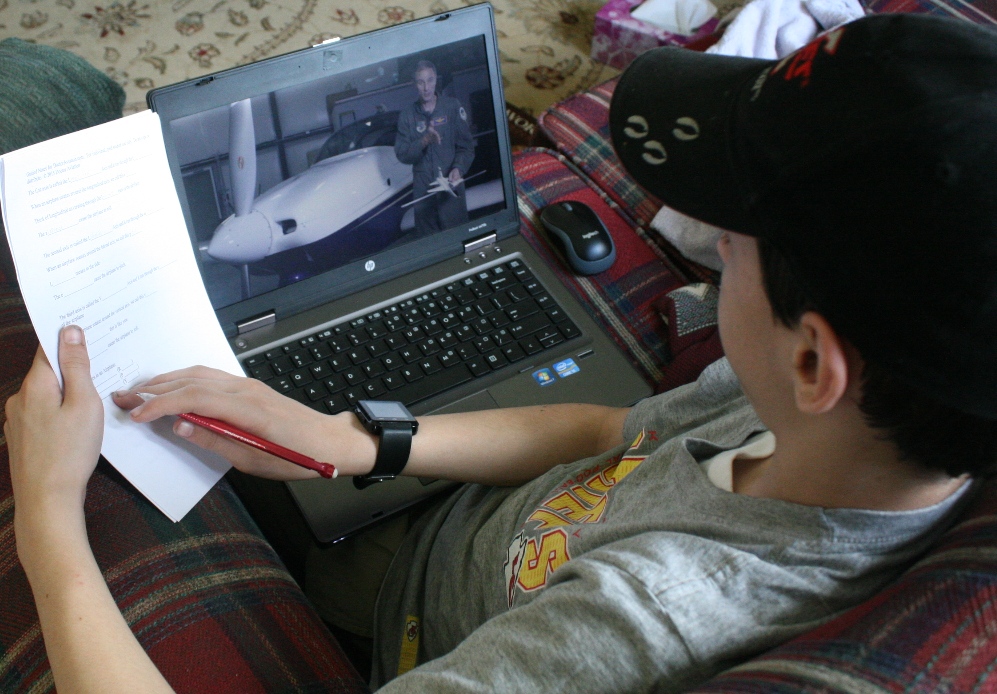

Grimes JA, Prasad N, Levy S, Cattley R, Lindley S, Boothe HW, Henderson RA, Smith BF., A comparison of microRNA expression profiles from splenic hemangiosarcoma, splenic nodular hyperplasia, and normal spleens of dogs. PMID: 30286978.Īgarwal P, Gammon EA, Sajib AM, Sandey M, Smith BF., Cell-Surface Integrins and CAR Are Both Essential for Adenovirus Type 5 Transduction of Canine Cells of Lymphocytic Origin. Denney, Characterization of Australian Labradoodle Dystrophinopathy, Neuromuscular Disorders, Neuromuscul Disord. Arnold & Vishnu Suppiramaniam, Doxorubicin-induced neurotoxicity is associated with acute alterations in synaptic plasticity, apoptosis, and lipid peroxidation, Toxicology Mechanisms and Methods, June 18, 2019, DOI: 10.1080/15376516.2019.1600086 Buabeid, Nathaniel Johnson, Alyssa Broadwater, Bruce Smith, Muralikrishnan Dhanasekaran, Robert D. Pinky, Subhrajit Bhattacharya, Zhang Yongli, Dwipayan Bhattacharya, Matthew Eggert, Lauren Woodie, Manal A. Alhowail, Jenna Bloemer, Mohammed Majrashi, Priyanka D. Recent Refereed Journal Articles (past 10 years)īird, R.C., DeInnocentes, P., Church Bird, A., Kabir, F.M.L., Martinez-Romero, E.G., Smith , A.N., Smith, B.F., Autologous Hybrid Cell Fusion Vaccine in a Spontaneous Intermediate Model of Breast Carcinoma, Journal of Veterinary Science, accepted 2019.Īhmad H. Smith, B.F. and Bird R.C., Gene Therapy, in Schalm’s Veterinary Hematology, 6th Edition, Wiley, 2010. Smith, B.F. and Wrighten, R., Animal Models for Inherited Muscle Disease, in Muscle Gene Therapy, Dongsheng Duan, Editor, Springer-Verlag, 2010. Lutful Kabir, F, O’Neill, AM, Smith, BF, Bird, RC, Canine breast cancer and lymphoma as models in cancer research, in Animal Models of Cancer Research, SA Murray Editor, Nova Scientifi Publishers, 2013, pp. 69-86. Shrader, S.M., Smith, B.F. and Wrighten, R., Animal Models for Inherited Muscle Disease, in Muscle Gene Therapy, 2 nd Edition, Dongsheng Duan, Editor, Springer-Verlag, 2019. Louis and the University of Alabama, Birmingham. Smith has multiple investigators from Auburn University, Washington University, St. Among the tumors of interest to the laboratory are osteosarcoma, hemangiosarcoma, lymphoma, melanoma, and mammary cancer.

In order to produce custom oncolytic viruses in a time frame that will allow treatment, the laboratory is utilizing synthetic biology approaches to create entire novel adenovirus genomes. Projects have initially employed canine adenovirus, however additional viruses are being evaluated. This work utilizes RNA Sequencing to understand the gene expression profiles of individual tumors, which in turn drives development of personalized viral vectors, designed to specifically replicate in and attack individual tumors. Smith’s research program on immunologic and gene therapy for cancer is currently focused on developing novel oncolytic viruses, using canine cancer as both a target and a model of human cancer. Of particular interest is understanding and subsequently addressing the cardiac defects seen in this disease.ĭr. The laboratory has identified the gene defects in three of these models and is working to develop gene therapy approaches to the muscular dystrophies.

Currently, four models of X-linked Duchenne-like muscular dystrophy (DMD) are being studied. Smith’s research program in muscular dystrophies is currently focused on identifying canine models of these diseases and applying novel genetic therapies to their treatment. Smith’s current research focuses in two areas of genetic therapy, gene therapies for inherited muscular dystrophies, and genetic approaches to therapy for cancer.ĭr.


 0 kommentar(er)
0 kommentar(er)
